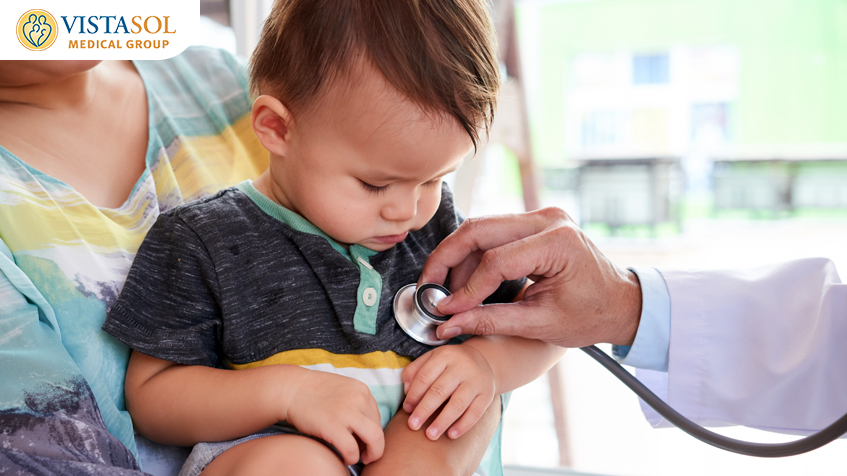
Early Childhood Health Screenings: Why They Matter for Lifelong Wellness
Health screenings are vital to detect possible health problems before they get serious and ensuring kids are healthy as they grow up. For instance, in Gynecology in Montebello, CA and pediatric clinics offer thorough screenings to monitor the development of children, avoid illness as well as assist families.
Early childhood health screenings can detect the development, behavior, and medical problems early, often prior to the onset of symptoms. This proactive approach helps support the development of cognitive and physical health and well-being on the emotional level, providing children with the ideal start to life. The city of Gynecology in Montebello, CA, parents are able to access the screenings via reliable family physicians or pediatricians as well as Gynecology services.
Why Early Screenings Matter
From birth to the age of school kids undergo an acceleration in their physical and mental growth. If you do not address a health issue at the developmental stage. This could lead to ongoing challenges. Screenings can help:
- Find conditions that cause visual impairment, hearing loss and growth slowdowns.
- Track the progress of speech, movement and social interactions.
- Recognize the potential for chronic diseases earlier.
- Provide preventive care, reducing long-term medical costs.
Types of Early Childhood Screenings
|
Screening Type |
Purpose |
When Done |
| Growth & Development | It tracks weight, height as well as head size and other milestones | Regular check-ups |
| Vision & Hearing | It detects impairments in the senses. | Each year after the age of infancy. |
| Dental | It prevents tooth decay and helps align the teeth. | The first visit was at age 1. |
| Behavioral & Emotional | Symptoms of ADHD, anxiety or mood disorders | from toddler until school age |
| Immunizations Review | Helps protect against infections | As per CDC schedule |
Benefits of Lifelong Wellness
- Early detection of diseases – prevents development of illnesses like diabetes, anemia or congenital diseases.
2. Developmental Tracking: Ensures that motor skills, speech and the ability to learn develop on schedule.
3. Preventive Care: Vaccinations, diet counseling, and other health advice can reduce the risk of health problems in the future.
4. Family Education – Parents will learn how they can help their children meet their specific requirements.
Step-by-Step: How to Get Your Child Screened in El Monte, CA
- Select a reputable provider Most parents will start by seeing a general physician located in El Monte or pediatrician.
- Make sure to schedule visits that are age appropriate – Use the American Academy of Pediatrics (AAP) timetable.
- Make records: Bring your vaccination information, birth dates as well as past reports.
- Take part in the screening. physical tests and questionnaires as well as tests.
- Monitor – Follow-up – Use treatments, care plans or referrals to specialists if required.
Expert Insight
As per the American Academy of Pediatrics, 80percent of the learning process occurs in the first five years of life, making early detection of any medical or developmental problems vital. Dr. Maria Lopez, a pediatric specialist in El Monte, notes:
“Screenings are not just a way to help save lives, but they also improve the living quality. When we get started in the future, the better longer-term results.”
Key Takeaways
- Screenings early can detect health problems before symptoms show.
- They promote healthy growth and development of the emotional.
- El Monte, CA. El Monte, CA, parents can get high-quality gynecology and pediatrics services.
- A regular screening regimen is vital to ensuring your health for the rest of your life.
FAQs
Q1: When is the ideal time to start screenings?
Screenings begin as early as age one and are repeated throughout elementary school.
Q2 Is this screening included in the insurance coverage?
Most health plans, including Medical, cover preventive screenings for children.
Q3: Should gynecologists become included in screenings for early signs of cancer?
Yes. Gynecologists in pediatrics address concerns about development among female children, such as the health of their reproductive system.
Question 4: What will happen when the problem is discovered?
Your doctor may recommend further evaluation, referrals to specialists or earlier intervention programmes.
 Request An Appointment
Request An Appointment COVID-19 Vaccine
COVID-19 Vaccine



